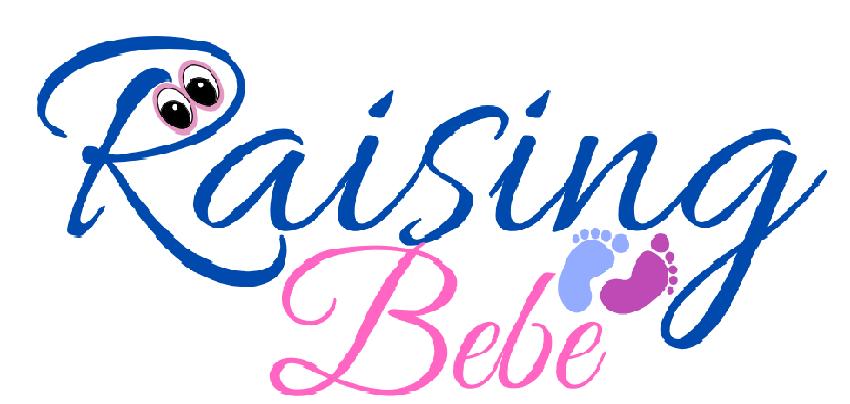Parenting toddlers can be both rewarding and challenging as they begin to explore their independence and emotions. By focusing on positive parenting tips for toddlers, you can create a nurturing environment that fosters trust, love, and healthy development. These strategies help you connect with your little one while guiding them through their early years with patience and understanding.
1. Top 2 Positive Parenting Tips for Toddlers: Nurture and Guide with Love
When parenting toddlers, two foundational approaches—nurturing their emotions and guiding their actions—can make a significant impact.
- Be Patient and Responsive:
Toddlers are learning to navigate big emotions and communicate their needs. Responding with patience when they’re upset, frustrated, or exploring the world helps them feel validated. Instead of dismissing their feelings, acknowledge them. For example, if your toddler is crying because they want a toy, you might say, “I see you’re upset because you really wanted that toy. Let’s take a moment to calm down and figure out what we can do.” This approach teaches them emotional regulation over time. - Set Clear Boundaries with Kindness:
Boundaries are essential for toddlers because they create a sense of safety and structure. However, toddlers respond best to rules when they are framed positively. Instead of saying, “Stop yelling,” you can say, “Use your quiet voice, please.” Reinforce these boundaries consistently but gently, and always explain why the rule exists. For example, “We don’t touch the stove because it’s hot and can hurt you.” This approach fosters understanding and cooperation rather than fear.
2. Positive Parenting Tips for Toddlers: Building Bonds and Encouraging Growth
Strong parent-child bonds and fostering independence are critical during the toddler years.
- Spend Quality Time Together:
Quality time builds trust and creates cherished memories. Engage in activities that your toddler enjoys, like playing with blocks, painting, or reading bedtime stories. Active involvement in their world helps your child feel valued and connected to you. For example, reading a story together not only improves language skills but also strengthens your bond. - Encourage Independence:
Toddlers thrive when they’re given opportunities to try things on their own. Allow your child to dress themselves, put toys away, or help with simple household tasks like carrying a spoon to the table. Even if they don’t get it right the first time, offer encouragement. For instance, if they spill water while trying to pour it, praise their effort by saying, “You’re learning how to pour! Let’s try again together.” This builds confidence and a sense of accomplishment.
3. How to Practice Positive Parenting with Toddlers (Ages 2-3)
Positive parenting is about focusing on teaching, nurturing, and modeling good behavior rather than punishing.
- Use Positive Reinforcement:
Reward good behavior with praise, affection, or small rewards. Positive reinforcement teaches toddlers that their actions have desirable consequences. For example, if your child cleans up their toys, you could say, “Wow, you did such a great job cleaning up! That’s so helpful.” This encourages them to repeat the behavior in the future. - Model the Behavior You Want to See:
Toddlers are like sponges—they mimic what they see. If you remain calm in stressful situations, say “please” and “thank you,” or show kindness to others, your toddler will naturally adopt these behaviors. For instance, if you want your toddler to say “sorry” after accidentally knocking over someone’s cup, start by modeling it yourself: “Oops! I’m sorry I spilled that.” - Redirect Instead of Punishing:
When your toddler is doing something undesirable, like throwing toys, redirect their attention to a better activity. Instead of saying, “Stop throwing toys,” you could say, “Let’s throw this ball outside instead!” This shifts their focus and avoids unnecessary conflict while teaching them appropriate behavior.
Conclusion:
Implementing these positive parenting tips for toddlers helps build a strong foundation for their emotional and social development. Be patient and responsive to their needs, spend quality time fostering a deep connection, and encourage their independence with praise and support. Remember, toddlers are learning from everything you do—so guide them with love, set clear boundaries, and model the behaviors you want to see. By focusing on positive parenting, you’ll create a loving, secure environment where your toddler can thrive and grow.

